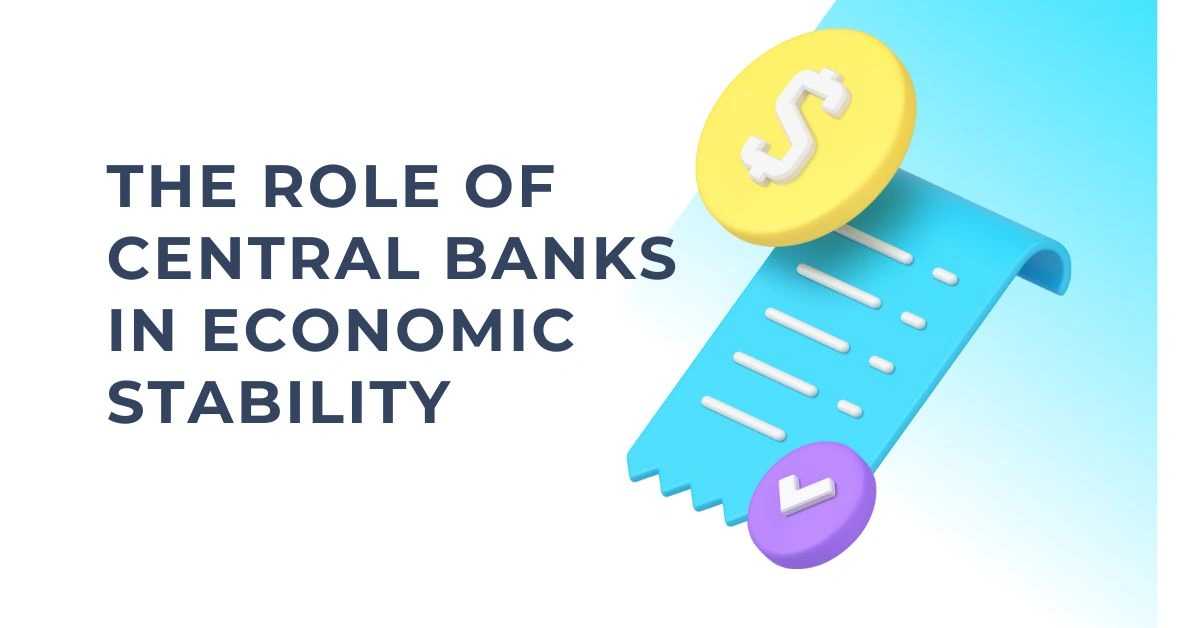Cryptocurrency exchanges are gaining in popularity as people want to get into the trend of digital trading. As a result, there has been an increase in the need for exchanges that facilitate the buying and selling of cryptocurrencies. If you’re thinking of starting a crypto exchange, there are a few things you should know first.
Licensing – To create a cryptocurrency exchange in some countries, you’ll need a license. If you don’t have one, you can incur penalties.
Have a website – For the exchange to work, you need users; therefore, having a website that users can access quickly is critical. You have to provide investors with information on how secure your website will be once you’ve set it up. An SSL certificate is an ideal solution, as it ensures a secure connection between your website and your customers.
Security – Thieves can easily attack cryptocurrency exchanges and steal money from investors. As a result, having a bug bounty program that pays hackers for uncovering flaws in your system may be a good idea.
Customer service – In the event of a problem or complaint, users should be able to reach you. It’s important to set up a contact number and an email account for this purpose.
Maintenance – You must test your platform with dummy data before it goes live to ensure that it functions properly. Some things will go wrong, so conduct a security audit and focus group testing to prepare for them.
Starting capital – To get started, your platform will require some funding. This could come from your own money or by recruiting other funding.
If you wish to start your own crypto exchange, you should be aware of the risks involved. Some of them are as follows:
Scalability – When you’re just starting out, handling a large number of transactions will be difficult due mainly to bandwidth congestion or other issues that may arise during peak hours.
Liquidity – This is another element that investors should think about when setting up a crypto platform. Setting up too few trading pairs may slow down transactions and reduce the amount of money you can bring in. Also, crypto transactions can even be reordered before confirmation.
Regulation – Your business must adhere to international money laundering, taxation, and other applicable laws. If you do not take the proper steps, this might become an issue. So, pay strict attention to regulation when opening a crypto exchange.
Security – Clients will entrust you with their money, so having a watertight system in place to avoid theft or fraud is critical. Hackers, who could breach your website and steal money from investors, are a big issue. Negative consequences can be avoided by doing a security audit and following recommended practices such as utilizing secure passwords.
Identity theft – Fraudsters may exploit your platform to steal people’s identities by posing as the exchange itself.
When you start a cryptocurrency exchange, it’s important to take into account the many challenges you will face. Scaling issues and security measures are of utmost importance, so be sure to get expert advice before launching your platform. It’s also crucial to have a supportive community and enough capital to provide liquidity and funding. Finally, make sure you are aware of the legal requirements in order to avoid any sanctions from authorities. By following these tips, you can help ensure the success of your cryptocurrency exchange.
Overall, building a cryptocurrency exchange is a complex process that requires careful planning and execution. By preparing yourself for the challenges you may encounter, you can set your platform up for success.
Table of Contents
FAQs:
1. What Legal Requirements Should I Be Aware of When Starting a Crypto Exchange?
When starting a cryptocurrency exchange, licensing is crucial. You must obtain the necessary licenses to operate legally in your jurisdiction. Failure to do so could result in significant penalties. It’s essential to familiarize yourself with international laws, including money laundering and taxation regulations, to ensure compliance and avoid any legal issues.
2. How Do I Ensure the Security of My Cryptocurrency Exchange?
Security is a top priority for cryptocurrency exchanges. To protect your platform and users from hackers, implementing robust security measures like encryption and SSL certificates is crucial. A bug bounty program can also help by offering rewards to hackers who identify system vulnerabilities. Regular security audits and strong password policies will further reduce the risk of theft and fraud.
3. What Are the Financial Risks of Starting a Crypto Exchange?
Starting a cryptocurrency exchange requires significant capital to cover setup costs, maintenance, and operational expenses. This can include building a secure website, obtaining licenses, and hiring a support team. You’ll also need funds to provide liquidity and ensure smooth transactions. Failing to secure sufficient capital can hamper the exchange’s ability to function effectively.
4. How Do I Handle Scalability Issues for a Crypto Exchange?
Scalability is a critical concern for cryptocurrency exchanges, especially during peak trading hours. To avoid transaction delays or platform crashes, you’ll need to ensure your system can handle a large number of transactions. Investing in high-capacity servers and regularly testing your platform under load conditions will help ensure it can scale effectively as your user base grows.
5. How Can I Minimize the Risk of Identity Theft on My Exchange?
Identity theft is a significant risk in the cryptocurrency space, with fraudsters often posing as the exchange itself to steal user information. To minimize this risk, implement strong authentication protocols like two-factor authentication (2FA) and monitor suspicious activity on your platform. Educating users about security best practices, such as recognizing phishing attempts, is also key to protecting their identities.














